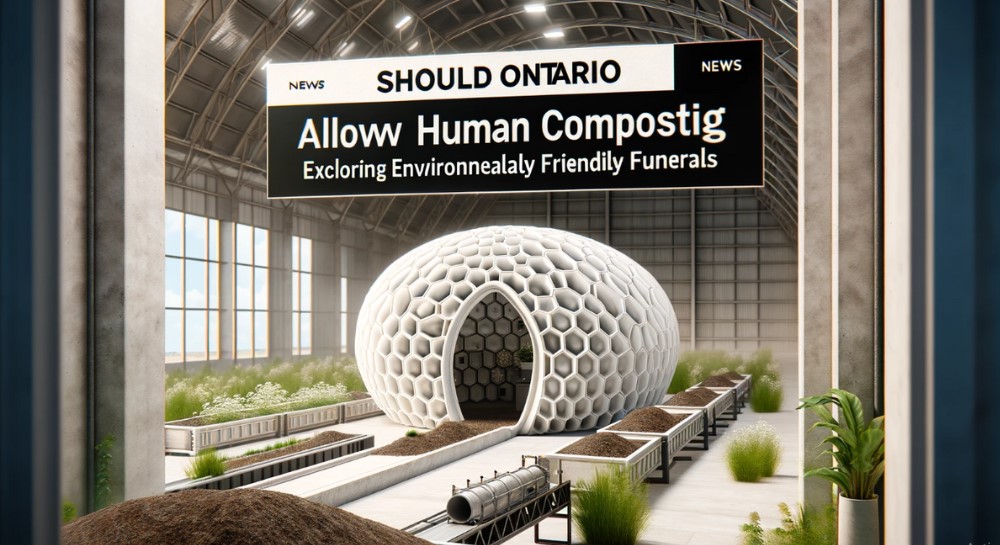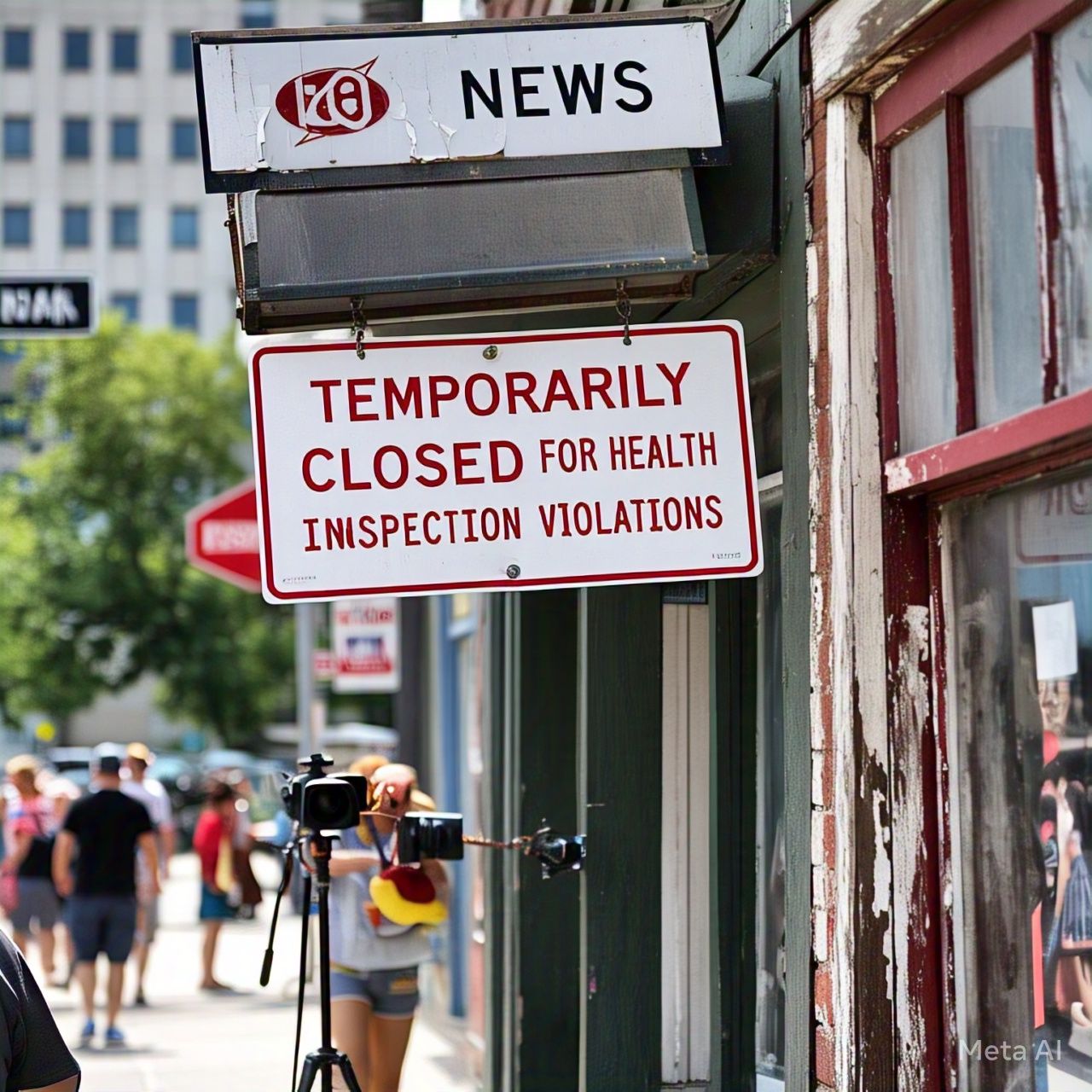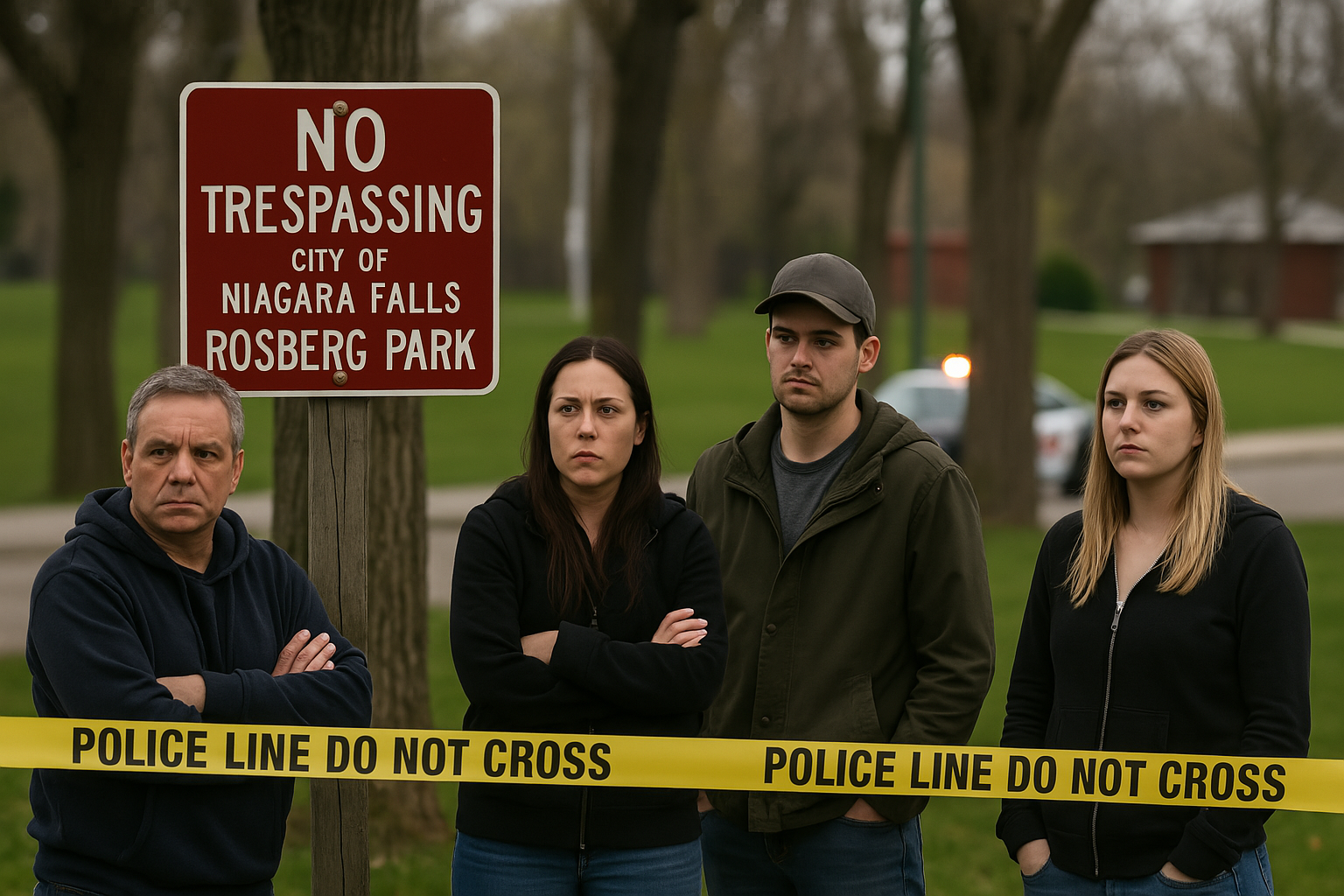In a recent episode of the podcast “Inside the Village,” the topic of human composting stirred discussions about its legality in Ontario. While not yet permitted in Canada, some U.S. states have embraced this eco-friendly alternative to traditional burials and cremations. Let’s delve into the concept of human composting and whether Ontario should consider allowing it as an option for laying loved ones to rest.
Human composting, also known as natural organic reduction or “terramation,” involves placing a deceased body in a container with a substantial amount of organic materials like straw or alfalfa. Over approximately two months, the body decomposes and combines with the organic matter to create about 1.5 cubic meters of compost, equivalent to the space in the back of a pickup truck. This resulting compost can then be utilized for various purposes, such as scattering, burial, or even planting a tree.
While the practice of human composting has gained acceptance in select U.S. states, including Seattle where Recompose became the pioneer funeral home to offer this service, it remains unauthorized in Canada. The Trillium’s report highlighted the ongoing public discourse and regulatory considerations surrounding emerging alternative technologies for human remains disposal, emphasizing the need for informed decision-making.
Morgan Yarborough, the services manager at Recompose, shared insights on the podcast about the process’s mechanics, its growing popularity, and advocated for Ontario’s potential adoption of human composting. The discussion prompted contemplation on whether the province should follow suit in embracing this environmentally conscious approach to funerals.
In addition to exploring human composting, “Inside the Village” welcomed Oakville News to the podcast, showcasing a blend of local journalism and broader issues impacting Ontario residents. Hosted by Scott Sexsmith and Michael Friscolanti, the Editor-in-Chief of Village Media, the podcast offers a unique perspective on current affairs and community-driven news stories.
The ongoing debate about allowing human composting in Ontario reflects a broader societal shift towards sustainability and eco-friendly practices. As discussions continue, it raises questions about balancing cultural traditions with innovative solutions for end-of-life rituals. Should Ontario grant individuals the choice to opt for human composting as a final resting option, it would mark a significant step towards embracing environmental consciousness in funeral practices.




